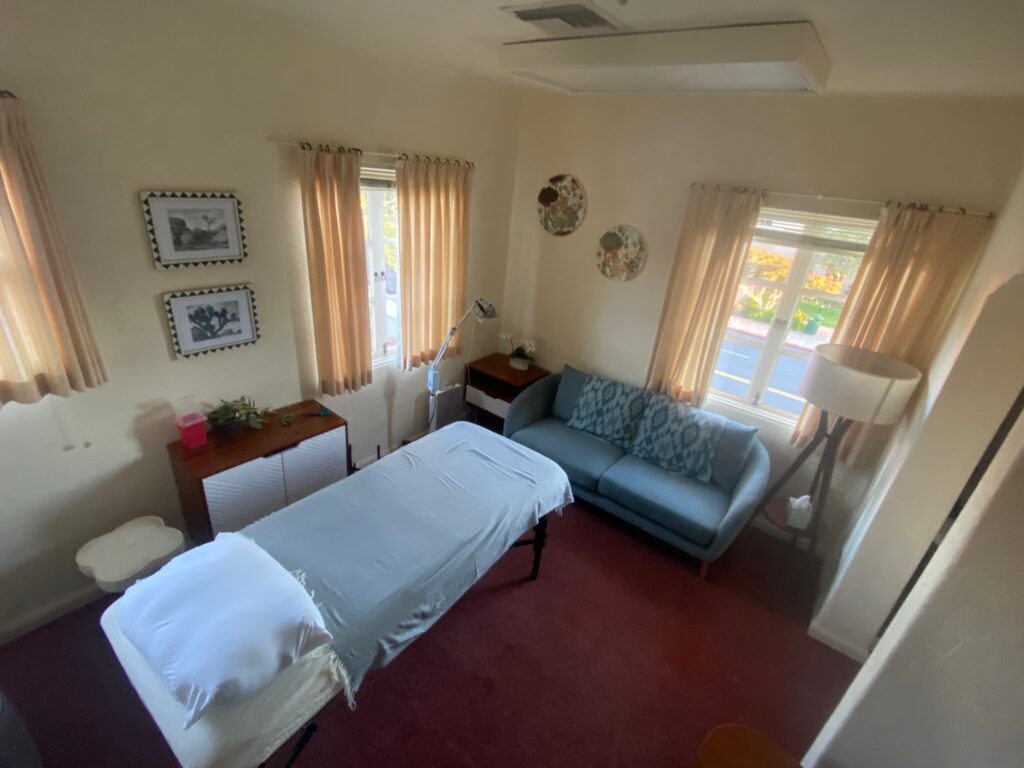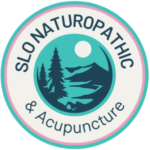What makes Naturopathic Medicine different?
The Therapeutic Order: Naturopathic doctors (NDs) have a different philosophy in treating patients than conventional medicine. NDs believe in the bodies ability to heal, we just need the right conditions. That means removing obstacles preventing healing and adding support where the person needs it. To do this we try the most gentle and effective treatments before invasive treatments using the Therapeutic Order to guide our treatment strategy. If gentle doesn’t work, try something more forceful. For example if a person has digestion issues, they might need dietary advice rather than medications.

Science Based and Traditional Medicine: Naturopathic doctors are trained in Primary Care Medicine just like an MD but also in holistic medicine. Unlike Functional doctors that do specialty training after med school, Naturopathic doctors learn holistic medicine from day one of school. While each state has a different scope of practice for Naturopathic doctors, the schooling is at the same level of care as a ‘regular’ doctor. NDs are Western doctors too however they look to both modern science AND traditional medicine. Both have merit. This helps meet the patient’s individual needs holistically. Want to see what it takes to become a Naturopathic Doctor? Click Here to learn about Naturopathic Schooling: NUNM COURSE CATALOG
Foundations of Health and Root Causes: Naturopathic doctors believe in addressing lifestyle factors and root causes. To be healthy a person needs to eat nourishing foods, drink enough water, sleep well, and address mental health aka the Foundations of Health. I mean, totally common sense, but these are largely ignored by conventional medicine. Root causes take investigation and time to figure out. Most folks only get 8 minutes with their doctor which simply isn’t enough time to dig deeper into root causes. An initial visit at SLO Naturopathic is 60-75 minutes insuring time to dig deeper into your health.


Treat the Individual: NDs treat the individual not the condition. For example three people with an upper respiratory condition (like a cough) might need three different treatment plans. A dry cough will need different things than a productive cough for example. A person with yellow mucus will need different treatments than a person with clear mucus.
Bigger Toolbox: Naturopathic doctors have more treatment options than conventional medicine. While conventional medicine leans heavily on pharmaceuticals and surgery, Naturopathic doctors study herbalism, nutrition, hydrotherapy, mindfulness, body work… the list goes on… in addition to primary care medicine. If your doctor is only doing ‘what insurance covers’, you’re probably missing out on treatment options and/or lab tests that could help you feel better faster.

Commonly asked questions about Naturopathic Medicine:
Are Naturopathic Doctors ‘real’ doctors?
Yes, Naturopathic doctors go through 4 year accredited medical school and take board exams to become a licensed doctor.
Do Naturopathic Doctors run labs?
Yes, NDs run both regular labs and specialty labs.
Does insurance cover Naturopathic Medicine?
Unfortunately not in the state of California. But insurance sometimes covers labs run by a ND. Always check with insurance first!
Do I need to stop seeing my regular doctor?
We work collaboratively with all medical practitioners. Please keep your primary care physician and specialists. Naturopathic Doctors are not PCPs in the state of California – despite our training in primary care medicine.
Are you taking new patients?
Yes! Click here to learn how to become a New Clients
Commonly treated conditions:
- Bloating/Gas
- Abdominal Pain
- Constipation
- Loose stool
- IBS
- Crohn’s
- Celiac Disease
- Small intestinal Bacteria Overgrowth
- HPA Axis Dysregulation (adrenal fatigue)
- Fatigue
- Anxiety
- Low motivation
- Irregular menses
- Heavy or light menses
- Painful Periods
- PMS
- PCOS
- Perimenopause/menopause
- Bio-idental hormones (HRT)
- Diabetes
- Low mood
- Anxiety
- Insomnia
- Acne
- Eczema
- Psoriasis
- Aging Skin
- Lupus
- Hashimoto’s Thyroiditis
- Rheumatoid Arthritis
- Lupus
- Celiac Disease
- Respiratory Issues
- Fatigue
- Brain Fog
- Cardiovascular Issues
- Gastrointestinal Issues
- Neurological symptoms

